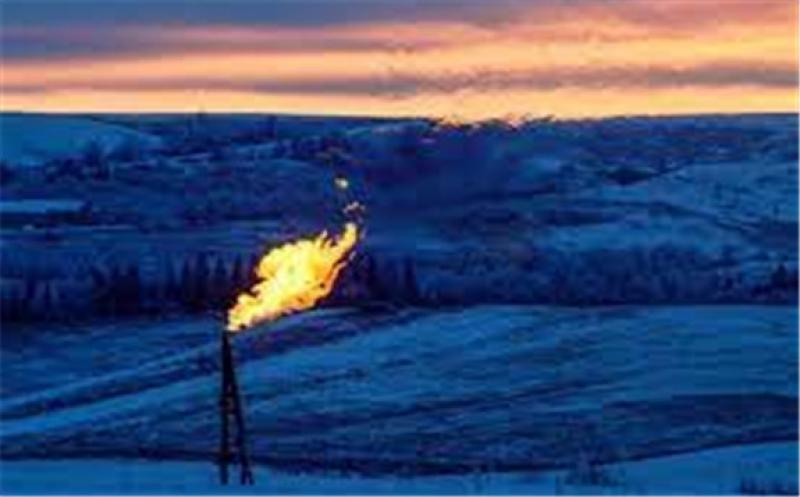Texas natural gas production dropped for the second time this month because of freezing temperatures settling over the state.

Output on Thursday was down 6.2%, according to preliminary BloombergNEF data based on pipeline flows. That’s the biggest decline since Jan. 2, when a similar blast of frigid air curbed supplies.
“It’s a safe assumption to call freeze-offs,” BloomberNEF analyst Jade Patterson said, adding that figures may still be adjusted throughout the day. Data from analytics firm RBN Energy Thursday show a 4.4% drop in production from the Permian Basin alone.
Production shut-ins are not uncommon in Texas during cold weather, typically occurring at least once or twice a year. And while a single-day drop of 6% is bigger than usual, Thursday’s dip was largely offset by a jump in withdrawals from gas storage on the Gulf Coast, so gas and power prices weren’t affected.
Yet the increasing frequency of such events -- two freeze-offs in a matter of weeks -- raises questions about Texas’s ability to avoid a repeat of the deadly energy crisis that crippled the gas sector and plunged millions into darkness less than one year ago.
“First and foremost on people’s minds is last February,” said Luke Metzger, executive director of Environment Texas. “People like me went without power for several days and the primary reason being that there were disruptions in the natural gas supply chain.”
Even modest production drops can affect the power supply. During the last cold blast at the beginning of January, gas output fell by about 7%. At the same time, Texas lost about 1.3 gigawatts of electrical generation due to gas-supply issues.
The Texas Oil and Gas Association, which represents producers, downplayed the impact of Thursday’s drop.
“TXOGA is confident the natural gas supply is strong,” said association President Todd Staples. “Feedback from our membership confirms production variations have been minimal and something less than 5% seems consistent statewide.”
The Texas Railroad Commission, which regulates the oil and gas industry, said no major disruptions have been reported. The agency does not track gas production in real time, and does not require producers to report outages.
“The supply from storage, pipes and production is working and continuing to provide plenty of this essential resource to electric power generators and gas utilities,” agency spokesman R.J. DeSilva said in a statement. “It is not atypical to see daily gas production fluctuations.”
More output declines may be on the horizon. The cold sweeping Texas threatens to send temperatures below freezing across much of the state, with oil and gas fields in West Texas facing low temperatures in the teens and 20s through Saturday, according to the National Weather Service. Houston, the center of the state’s petrochemical industry, could reach 32 degrees Fahrenheit (0 Celsius) Friday night.